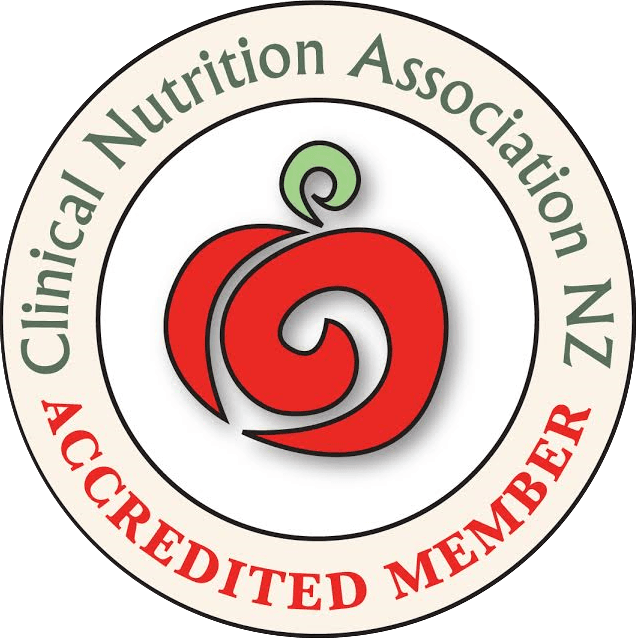For some time now we’ve been fed information to put aside fatty foods like eggs, butter, fatty meats, full fat dairy, etc. Diet Guidelines focus on reducing fats in the diet claiming it can increase the risk for heart disease and stroke. Because of this, many people today are concerned over high fat foods, assuming that if they consume these foods that they will pack on the pounds. Marketing has grabbed a hold of this low-fat era and stocked the shelves with all sorts of light and low fat products. But, taking the fat out means what? What are the real risks of consuming these foods over the full fat varieties?
There are different types of fats. You can find processed, refined and trans fats in most boxed and packaged goods, but there are natural fats that have huge beneficial properties. Fats helps us feel full and satisfied, help boost energy, even out moods and help us kick harmful cravings such as sugar and caffeine. Fat helps us control our hormones, especially insulin which is the hormone released from the pancreas to help get the sugar out of our bloodstream. Low fat diets run the risk of hormone imbalances, lethargy and insulin resistance which is linked to diabetes, cognitive disorders, gut issues and weight gain.
So, what are the real risks of a low fat diet? Well, firstly, poor brain function. The brain is made up largely of fat and requires fat to perform well. Even cholesterol has an important role as a nutrient for the brain, so cholesterol is a good thing, despite what people think. After all 80% of the cholesterol in the body is produced by your liver, and only 20% comes from diet….that’s a whole article in itself. Think of cholesterol as a brain nutrient, a source of energy for the neurons in the brain. We must eat fats to get cholesterol to help our brains remain sharp! Some of the best brain foods include: nuts(especially walnuts), seeds, eggs, avocados and coconut oil.
Second, fats are needed for good heart health. Research now concludes that heart disease has to do with inflammation from high sugar diets, refined carbs, vegetable oils, etc. rather than from high fat or cholesterol intake. Anti-inflammatory fatty fish such as salmon is extremely beneficial for your heart health. That is why I wrote my previous blog you will find below on the mediterranean diet that is high in fats such as extra virgin olive oil, nuts, seeds, fish, etc. Almost half of this diet consists of calories coming from natural fat! We all know the mediterranean diet has been shown to reduce cardiovascular disease, diabetes and help with weight loss. I know there is some concern over saturated fat and heart disease, but there really isn’t evidence that shows that saturated fats lead to heart disease. Yes, saturated fats may increase cholesterol levels, but there isn’t a relationship between cholesterol levels and heart disease.
Third, natural fats help balance hormones naturally. Cholesterol actually helps build cellular walls and hormones in the body. It acts as an antioxidant and helps support the brain as I mentioned earlier. Fats help make up hormones like testosterone and estrogen, and help with regularity in menstrual cycles and preparing the body to get pregnant.
Fourth, including natural fats in your diet helps to keep you feeling full for longer and turns off the hunger signals with leptin. Leptin is the “satiety hormone” made by fat cells that helps to regulate energy balance by inhibiting hunger. So, fats help with the release of the hormone leptin which tells you you’re no longer hungry – I guess that’s pretty important to stop overeating! There have been many studies done on low carb versus high fat diets when it comes to weight loss, and the high fat diets show that people burned more calories and improved their insulin sensitivity.
Lastly, higher fat diets are related to a healthier gut. Your gut environment is extremely important as it is your immune system, your second brain, where you absorb nutrients from your food and synthesize vitamins. Natural fats will nourish your gut and your brain, and we all know there is a gut/brain connection. As fats help keep blood sugars balanced, that also keeps gut bacteria balanced. Along with natural fats, eating plenty of fibrous plant foods, will feed the good bacteria in your gut and help to lower any inflammation.
To conclude, fats are an essential part of your diet and one of the primary energy sources for the entire body. Fats help keep us full, are needed to absorb fat soluble vitamins found in plants, play a role in weight management, immune function, gut health and hormonal balancing. So, beware of any low fat diets out there, and if you’re still unsure about fats, stay tuned for next months blog where I will go into more detail around the specific fats you need and why.


